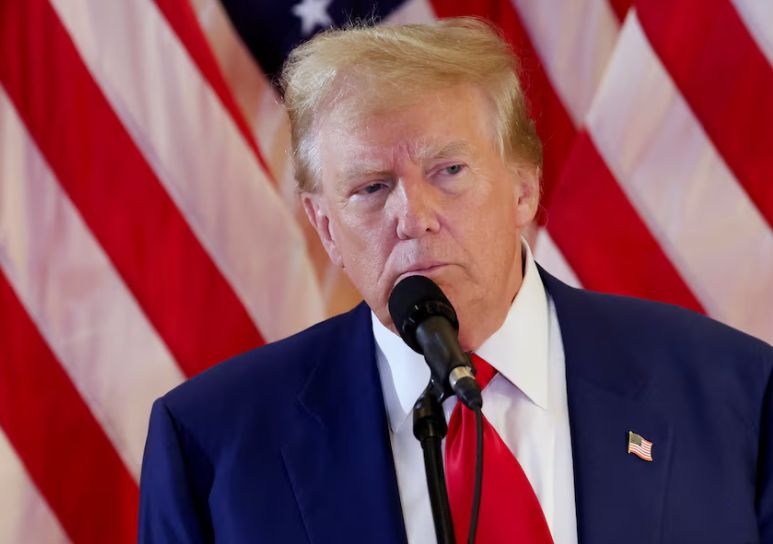Brown University has finalized a high-profile settlement with the administration of U.S. President Donald Trump, resolving a trio of federal investigations into allegations of antisemitism and discriminatory admissions practices at the Ivy League institution.
Announced Wednesday, the agreement restores access to more than $510 million in previously frozen federal grants, following months of scrutiny by the Department of Education’s Office for Civil Rights and other federal agencies.
At the center of the investigation were claims that Brown failed to adequately protect Jewish students on campus and violated federal anti-discrimination laws by factoring race into admissions.
Though the agreement explicitly states no finding of wrongdoing, the university has agreed to a series of federal compliance terms in order to move forward.
Key Terms of the Settlement
According to the full settlement document published on Brown’s website, the university will adopt several federally mandated reforms:
- Gender Definitions: Brown must define “male” and “female” consistent with Trump’s executive order titled “Defending Women from Gender Ideology Extremism and Restoring Biological Truth to the Federal Government.” This definition will apply to athletics, dormitory housing, and bathrooms, marking a significant shift in university policy on gender inclusion.
- Antisemitism Prevention: Brown will intensify research and education efforts to ensure antisemitic conduct is addressed, with enhanced reporting and training requirements.
- Workforce Investment: The university has also agreed to pay $50 million over three years to support Rhode Island’s workforce development programs, a term that echoes similar provisions in other recent Ivy League settlements.
Brown’s president, Christina H. Paxson, emphasized that while the university has complied with certain federal directives, its academic independence remains intact.
“At its core, the agreement preserves the integrity of Brown’s academic foundation,” Paxson said in a letter to the university community. “It enables us as a community to move forward after a period of considerable uncertainty.”
The agreement also prohibits the federal government from interfering with Brown’s curriculum, academic speech, or institutional autonomy, reinforcing First Amendment protections amid concerns of political overreach.

Broader Legal and Political Context
The settlement mirrors a growing trend under the Trump administration of leveraging federal funding to influence policies at elite universities, particularly around issues of free speech, antisemitism, and perceived liberal bias.
Just last week, Columbia University signed a similar agreement, regaining access to $1.3 billion in federal funds while agreeing to remove race and sex considerations from admissions and commit to combating antisemitism.
Legal scholars view these agreements as a blueprint for future federal oversight of higher education under the Trump administration. Critics argue that the policies could undermine diversity initiatives and LGBTQ+ protections, while supporters hail the agreements as steps toward restoring fairness and constitutional compliance on campus.
With the Brown settlement now finalized, it is likely that additional universities will enter into similar negotiations to resolve investigations and restore access to critical federal funding.
The case highlights evolving tensions between federal civil rights enforcement and institutional autonomy, a subject likely to remain front and center as the 2026 election cycle approaches and legal challenges to affirmative action and Title IX enforcement continue to mount.

